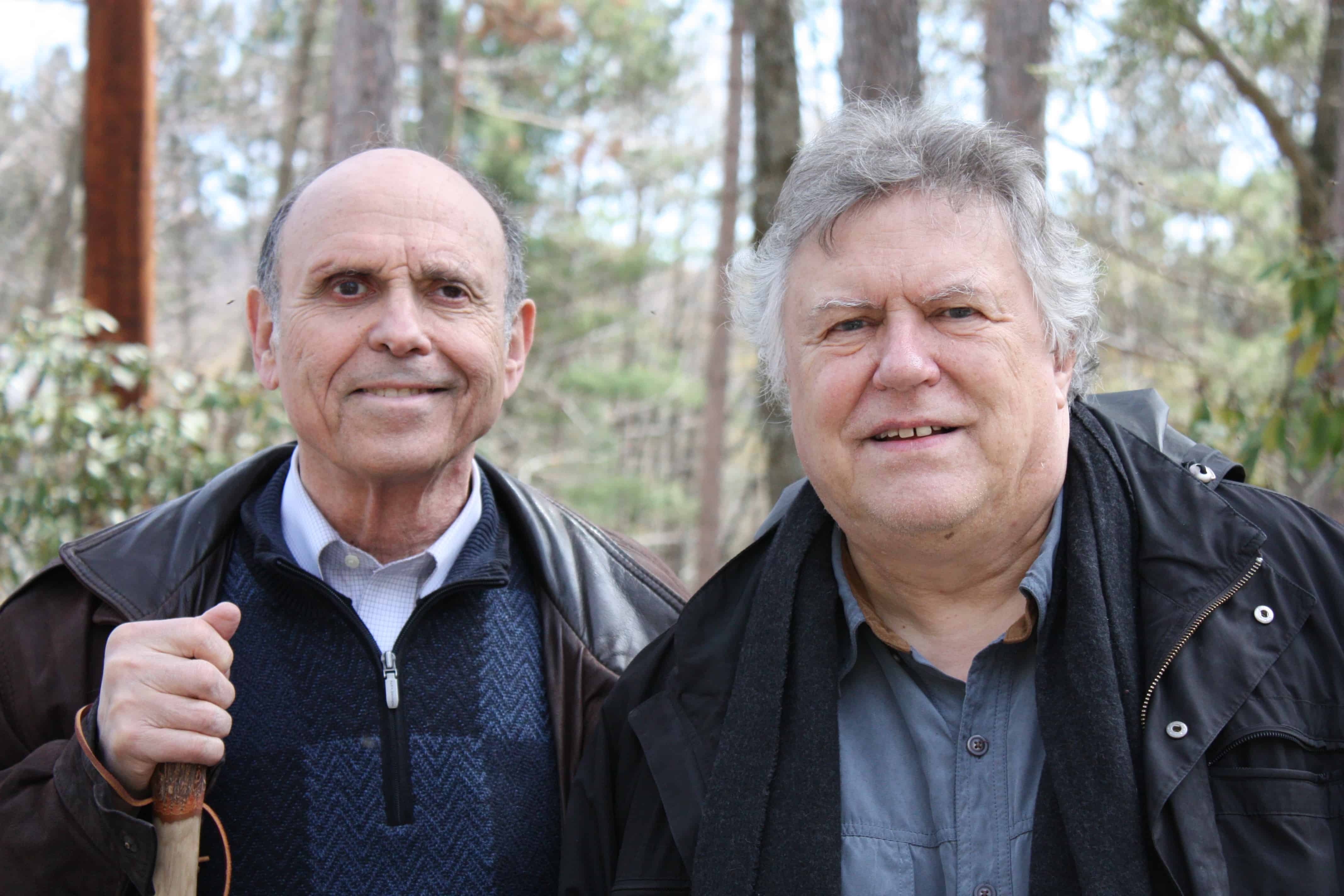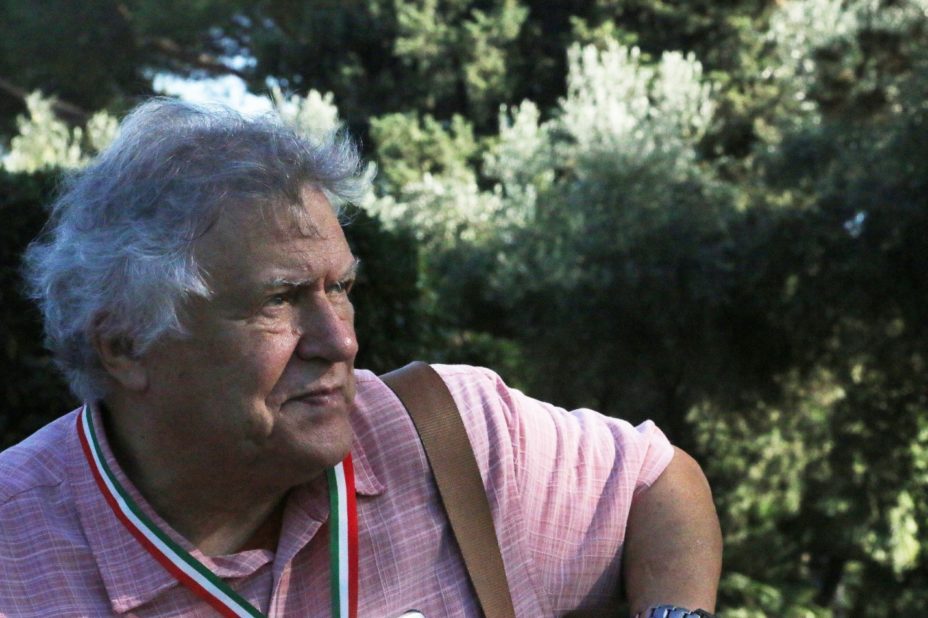
One of the most rewarding aspects of my activities as a musicologist has been following the life and works of living composers – be they teachers or former teachers, colleagues or former colleagues, friends and those who became friends.
There is something special about witnessing the genesis of a composition (often beginning with an official commission or a performer asking for a new work), seeing the new work come to fruition, perhaps attending the premiere or a subsequent performance, hearing audience reactions and reading how music critics view and review the new piece. In short, participating in the ups and downs of a creative artist: the adventure of composing, the glories of premieres, and anxieties about how the work will be perceived.
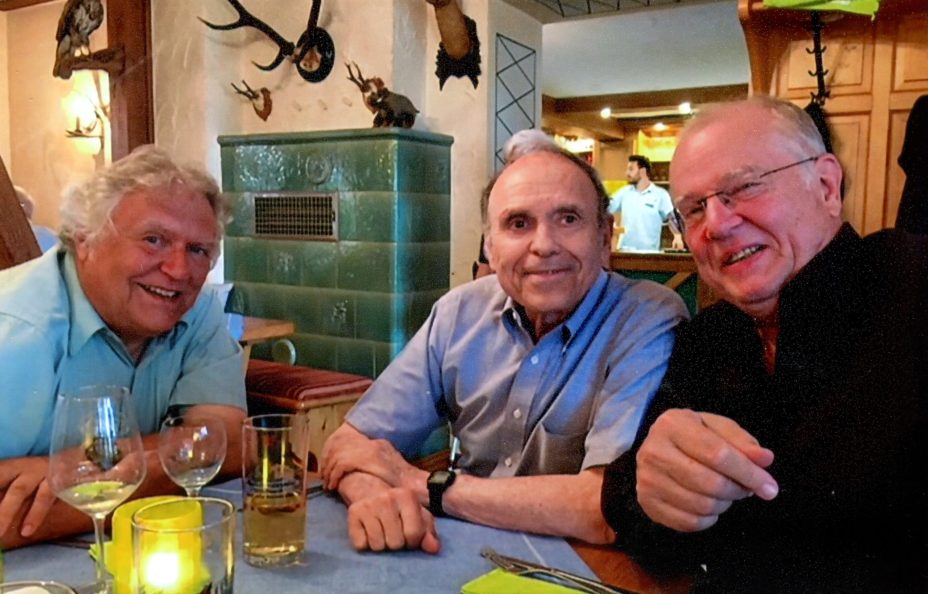
I would urge even mediaevalists or specialists in Baroque music to adopt a living composer or two. Being tuned into a few activities of contemporary composers enriches one’s life, and it may even shed light on the music of the past in unexpected ways.
Samuel Adler is a relatively late adoption for me. Others have claimed him earlier and written about him and his music. But in the last 25 years our connections became more substantial when I became midwife and editor to his autobiography, Building Bridges with Music: Stories from a Composer’s Life (published in 2017 by Pendragon Press, Hillsdale, NY). Preparing the programme booklets for two albums of his music issued by Toccata Classics (TOCC 0624 and TOCC 0642), in a way, is a continuation of that work, and it has been a rewarding experience.
-
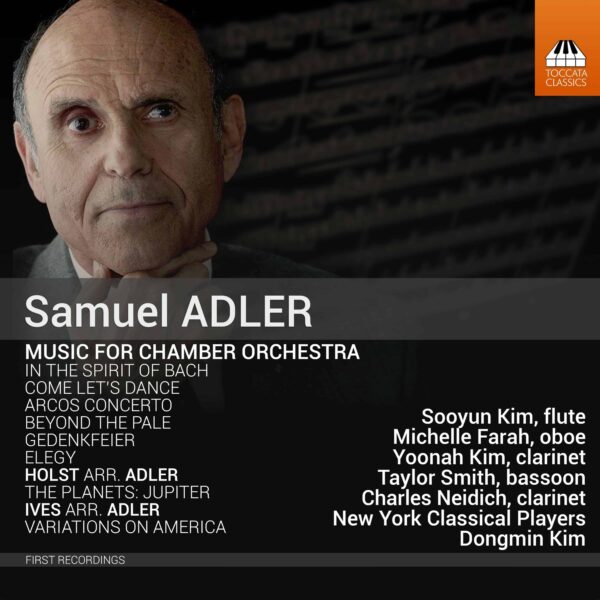 Samuel Adler: Music for Chamber Orchestra£8.00 – £14.00
Samuel Adler: Music for Chamber Orchestra£8.00 – £14.00 -
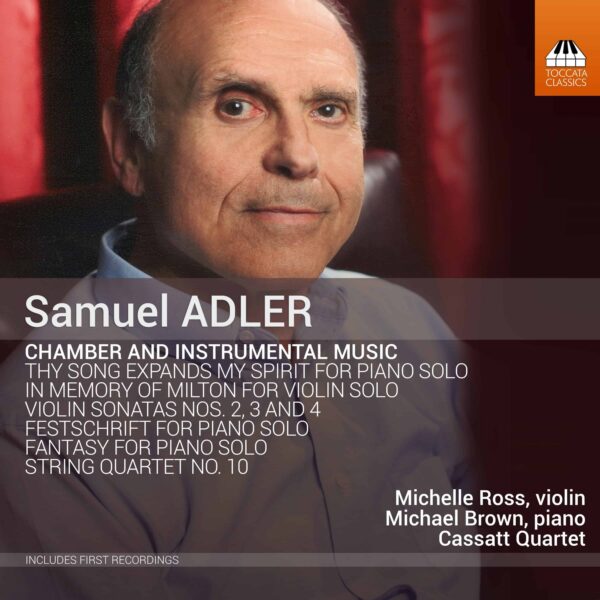 Samuel Adler: Chamber and Instrumental Music£8.00 – £14.00
Samuel Adler: Chamber and Instrumental Music£8.00 – £14.00
